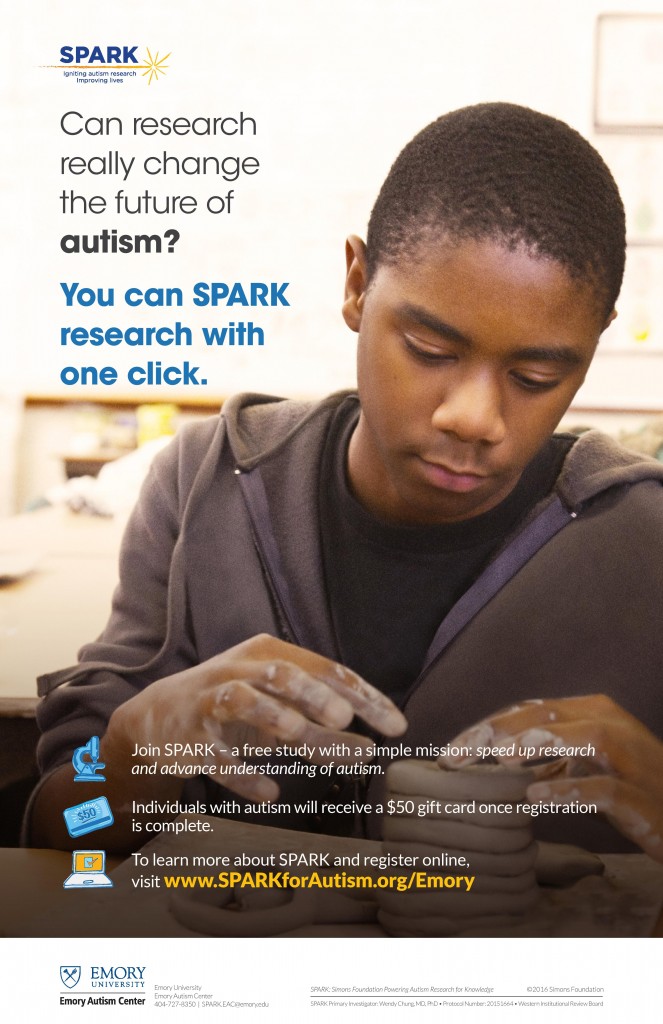
With Type 2 diabetes on the rise, prevention measures are critical. However, it’s often hard for people living in rural areas to access health care and lifestyle resources that can improve their health.
According to a recent study from the University of Georgia, involving local leaders and churches could make all the difference in these communities.
Working with the UGA Archway Partnership, researchers and community members implemented the Centers for Disease Control and Prevention’s Diabetes Prevention Program across rural Georgia.
The program is designed to help people develop healthy habits that can prevent the onset of Type 2 diabetes. However, the program has limited reach in rural areas.
“In having conversations with our community partners, we realized that there might be an opportunity to address diabetes in rural areas,” said Henry Young, co-author of the study and a professor at UGA’s College of Pharmacy. “The community was very involved, engaged and excited to participate.”
This initiative could pave the way for more programs focused on improving health in underserved communities.
Social connection helps cement lifestyle changes.
The CDC program consists of modules centred around topics such as increasing physical activity. The course is spread over a year, with the first half dedicated to establishing healthy habits while the second focuses on maintaining them.
During these sessions, participants discussed what was going well for them and any challenges they faced, and tips were provided that helped them make healthier choices. They also provided much-needed support to one another.
“They created and shared recipes,” said Young. “They went on walks together. Social engagement and interpersonal interactions helped address overall health and well-being.”
With the small size of many rural communities, the researchers found that bonds with other members may be key in encouraging lifestyle changes. In turn, these initiatives can strengthen existing community bonds.
Adopting healthier habits takes local support.
Getting people to change their behaviours can be challenging. Participants sticking to traditional diets and a slow-paced lifestyle seen in many rural areas may lead to resistance to change and a tendency for people to be set in their ways regarding diet and exercise.
So, the researchers worked with local churches and community leaders to encourage adopting these new healthy habits.
Twenty churches were involved in the program, with 33 life coaches from the local community trained to help facilitate discussions during each one-hour session. Most of those lifestyle coaches came from the churches.
The researchers then conducted interviews with these coaches and religious leaders to understand how participants felt about their health and the program.
“The participants always went above one hour because they were so engaged in the discussion,” said Smita Rawal, lead author of the study and a postdoctoral associate from UGA’s College of Pharmacy. “People were so open to discussing their health as well as helping each other and motivating each other to adopt healthier lifestyles.”
Rural regions face unique barriers to accessing healthcare
Participants cited transportation as a significant obstacle to participating in community events.
Many of them also struggled with different health issues, which made attending sessions more challenging.
To overcome these challenges, community members, including churches and their leadership, arranged for vans or organized carpooling to make meetings more accessible for those without reliable transportation. And some lifestyle coaches also made home visits for those who missed sessions due to illness.
“To be successful, we need to identify and address barriers,” said Young. “But then we also need to leverage resources to support these healthier lifestyle interventions.”

 Ignite 2016 -Rett's Syndrome, Down's Syndrome and Autism Conference
Ignite 2016 -Rett's Syndrome, Down's Syndrome and Autism Conference